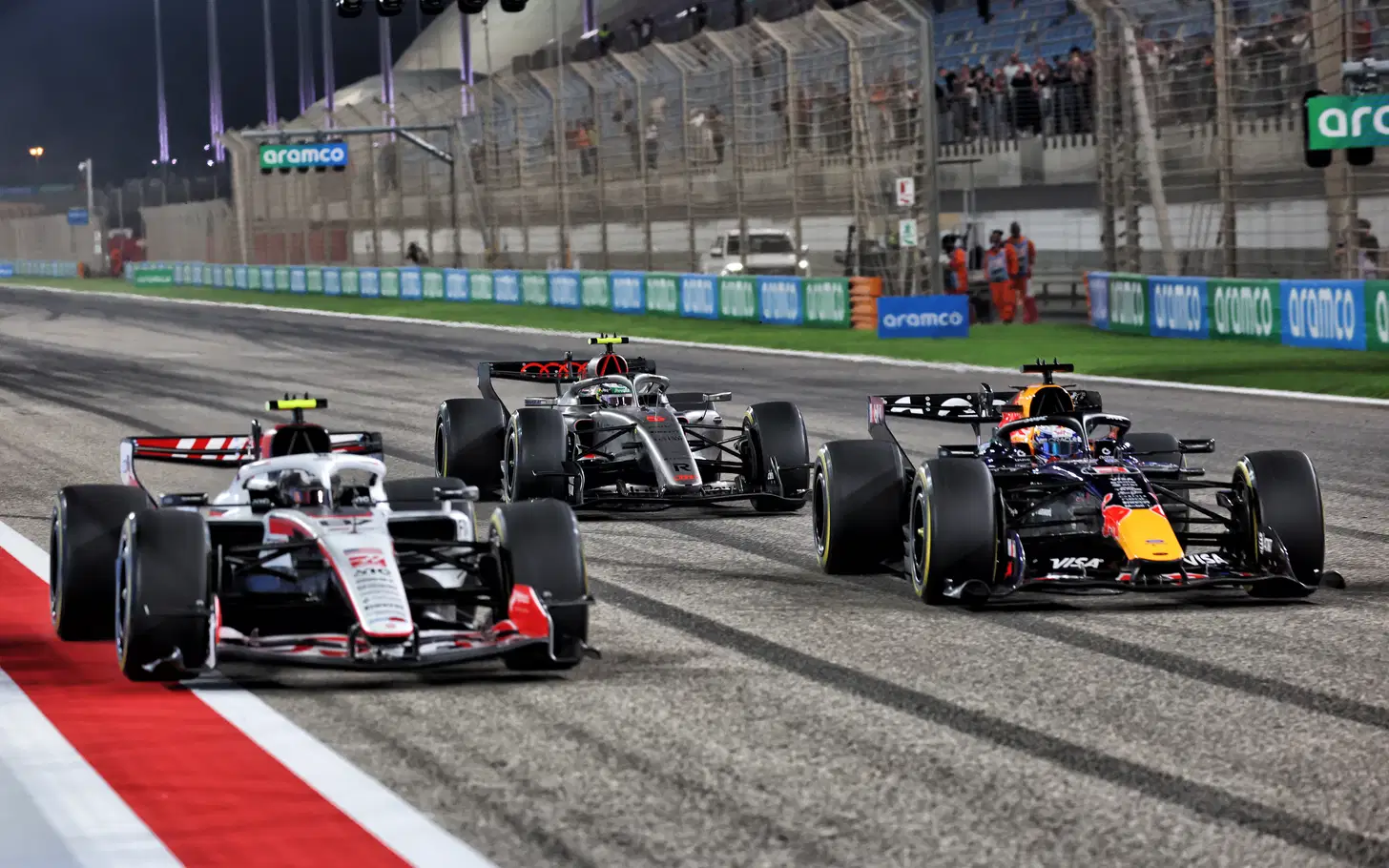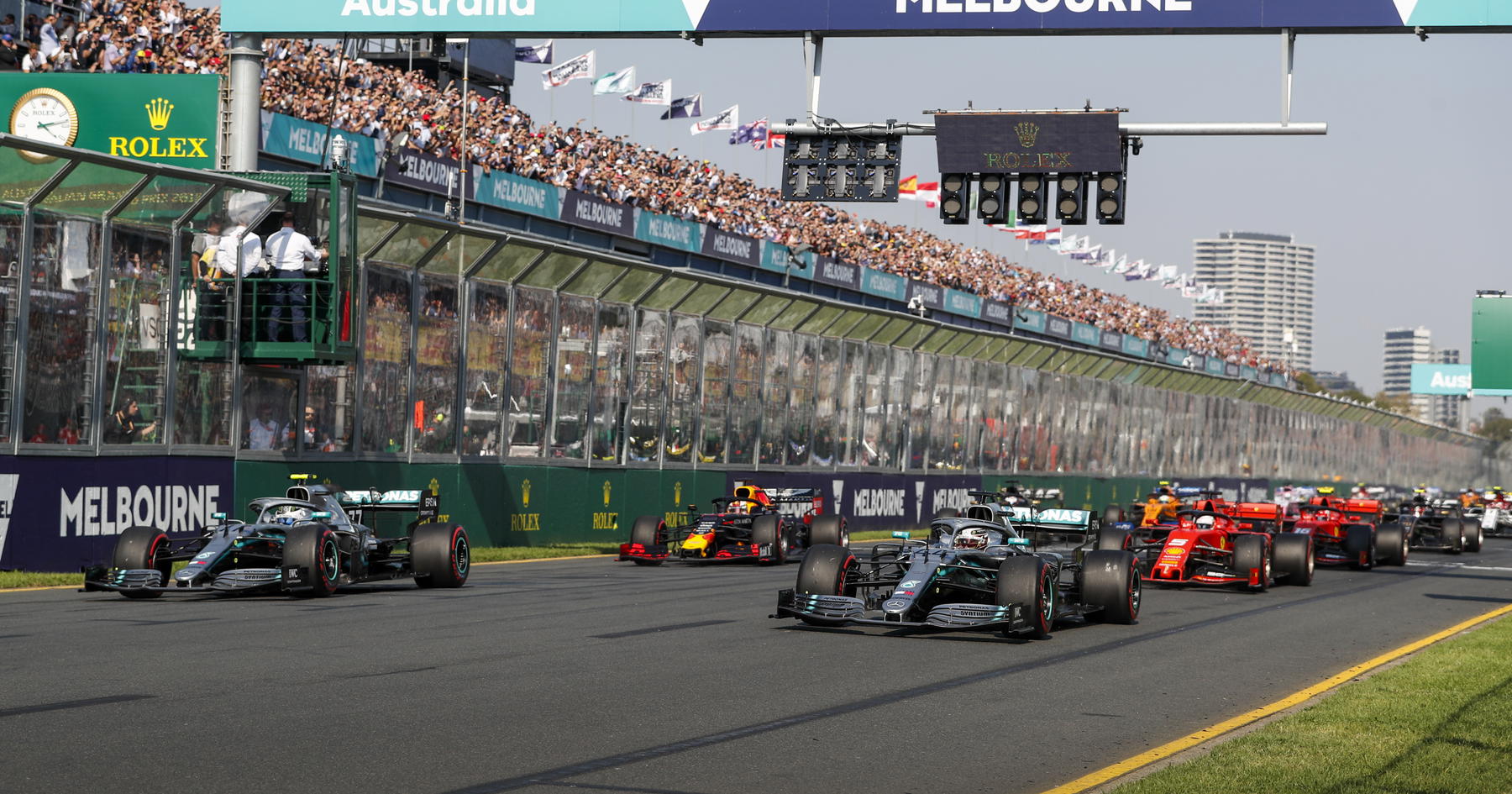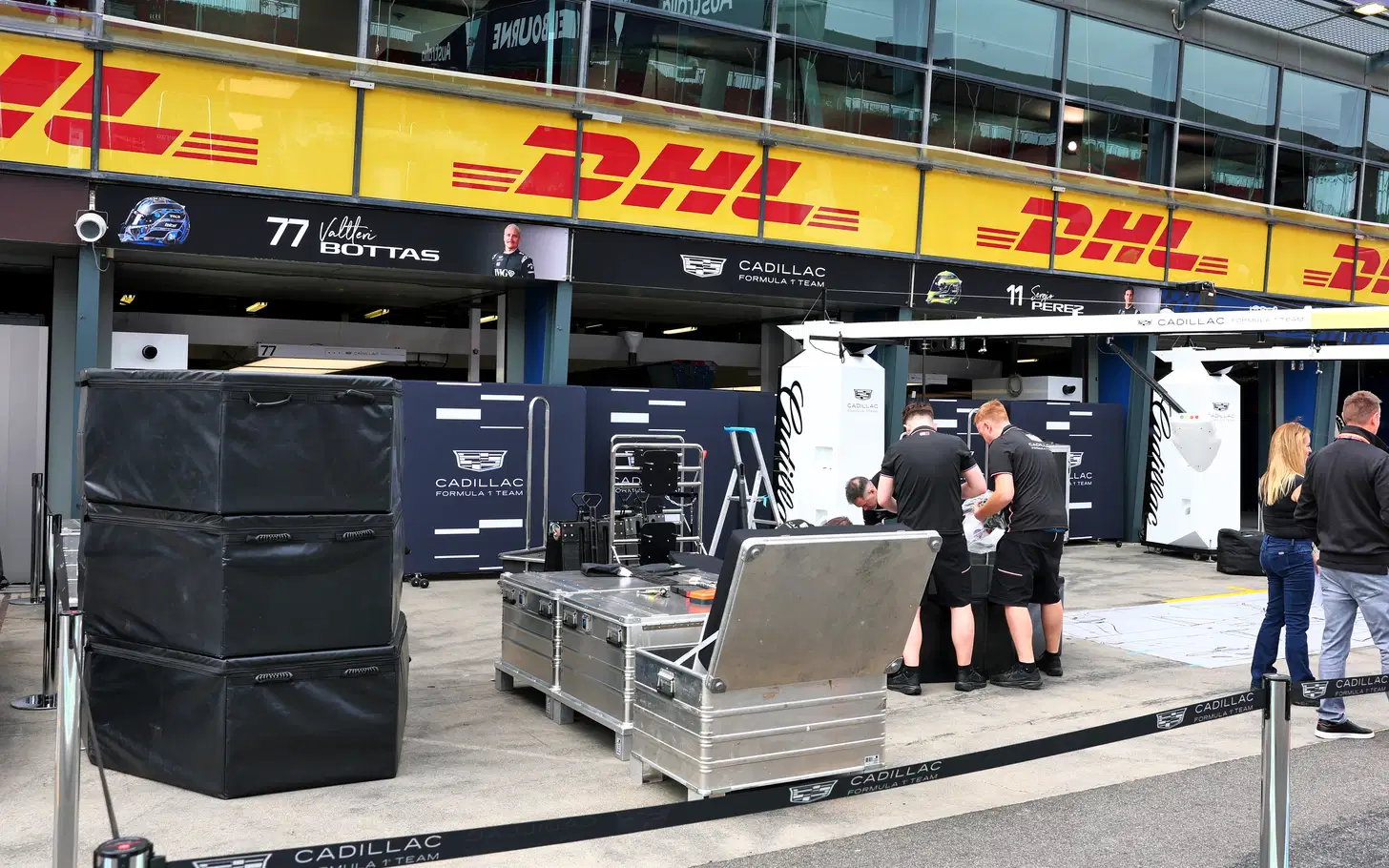Sebastian Vettel Breaks Silence on Christian Horner’s Exit from Red Bull: “An End of an Era”
Sebastian Vettel has finally spoken out about Christian Horner’s shocking exit from Red Bull Racing, marking his first public reaction to the news that stunned the Formula 1 world. The four-time world champion described Horner’s departure as “a major surprise,” emphasizing that it truly signifies the end of an era for one of the sport’s most successful and influential teams.
Horner, who had been at the helm of Red Bull since its inception in 2005, was officially replaced in July 2025 by former AlphaTauri boss Laurent Mekies. His removal came amid a mid-season leadership overhaul that brought an abrupt end to nearly twenty years of dominance and consistency. During Horner’s reign, Red Bull secured six Constructors’ Championships and seven Drivers’ Championships — achievements that defined modern F1 success through eras led first by Sebastian Vettel and later by Max Verstappen.
Speaking to Sky Sports F1 at the 2025 São Paulo Grand Prix, Vettel expressed disbelief at the suddenness of the change, noting that Red Bull had long appeared to be one of the most stable and unified teams in the sport.
> “It’s strange to think of Red Bull without Christian,” Vettel said. “He’s been there since the very beginning and knows every detail of that organization. What they accomplished together speaks volumes. I was just as surprised as everyone else when I heard the news.”
Under Horner’s leadership, Red Bull transformed from a midfield curiosity into a dominant force that consistently challenged the might of Ferrari, Mercedes, and McLaren. His partnership with key figures like technical genius Adrian Newey and driver prodigy Sebastian Vettel propelled the team to unprecedented heights in the early 2010s. However, by late 2024 and early 2025, cracks began to appear behind the scenes.
Internal Turmoil and the Power Shift
Reports of internal friction within Red Bull’s management began circulating months before Horner’s removal. Questions surrounding the team’s direction, leadership structure, and the departure of key personnel raised eyebrows across the paddock. The exits of Adrian Newey — widely regarded as one of F1’s most brilliant car designers — and sporting director Jonathan Wheatley added to the uncertainty. Moreover, speculation about Max Verstappen’s long-term future and his relationship with the team further fuelled rumors of unrest.
Red Bull’s official statement at the time framed Horner’s departure as part of a “strategic restructuring” aimed at ensuring the team’s long-term competitiveness. Laurent Mekies, formerly of Ferrari and AlphaTauri, was appointed as the new CEO and team principal. Yet, many insiders believe that the reshuffle was the culmination of a prolonged internal power struggle within Red Bull’s upper hierarchy.
While Horner had managed to survive an earlier internal investigation into alleged workplace misconduct, it is believed that his position became increasingly untenable as boardroom tensions mounted. According to multiple reports, Red Bull’s parent company in Austria had grown uneasy with Horner’s continued leadership amid growing divisions between the UK-based racing team and its corporate leadership.
Vettel’s Perspective on the Transition
Reflecting on the situation, Vettel was measured but heartfelt in his comments. He was careful to acknowledge the accomplishments of both Horner and his successor, Mekies.
> “Laurent is a great guy — I know him well from his time in Formula 1, and he’s got the experience to succeed,” Vettel said. “But Christian’s shoes are enormous ones to fill. He wasn’t just a team boss; he was the soul of Red Bull Racing. He built that team from the ground up.”
Horner himself reportedly described his departure as “emotional but respectful,” telling colleagues that he had hoped to personally thank every member of the Red Bull team before leaving. His message to staff emphasized gratitude and pride, even as he admitted to being caught off guard by the timing of his removal.
The emotional weight of Horner’s exit has been felt throughout the paddock. For many drivers, team members, and fans, it represents the conclusion of one of Formula 1’s most defining partnerships — the Red Bull era that turned Vettel into a legend and gave birth to Verstappen’s dominance years later.
Vettel’s Ongoing Connection to F1
Since retiring from full-time competition at the end of 2022 after two seasons with Aston Martin, Vettel has remained closely connected to the Formula 1 community. His name frequently surfaces in discussions about potential advisory or ambassadorial roles within Red Bull or even the FIA. Still, the 37-year-old insists he’s in no rush to return.
> “I still love Formula 1,” Vettel said. “When I stepped away, I needed a break, but I never really stopped following it. I watch the races, I talk to people in the paddock — it’s still a big part of me. If the right opportunity came along, I wouldn’t say no. But it would have to feel right and align with my values.”
Vettel’s comments capture both nostalgia and cautious optimism — respect for the legacy he helped build, and curiosity about how Red Bull will adapt to life after Christian Horner. For someone whose most glorious years were forged under Horner’s leadership, the change resonates deeply.
As Red Bull enters a new chapter under Laurent Mekies, the pressure is immense to maintain the team’s competitive edge and cultural identity. For Vettel, watching from the sidelines, it’s a reminder that even dynasties can shift in the blink of an eye.
Horner’s departure doesn’t just close a chapter for Red Bull — it alters the trajectory of modern Formula 1. And for Sebastian Vettel, the man who once made Red Bull synonymous with victory, it’s a deeply personal turning point in a story that continues to evolve on and off the track.



